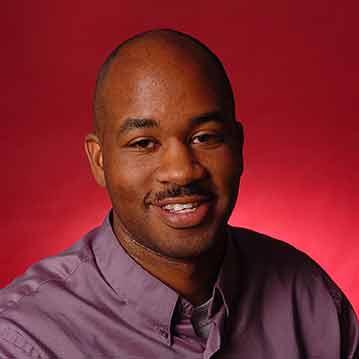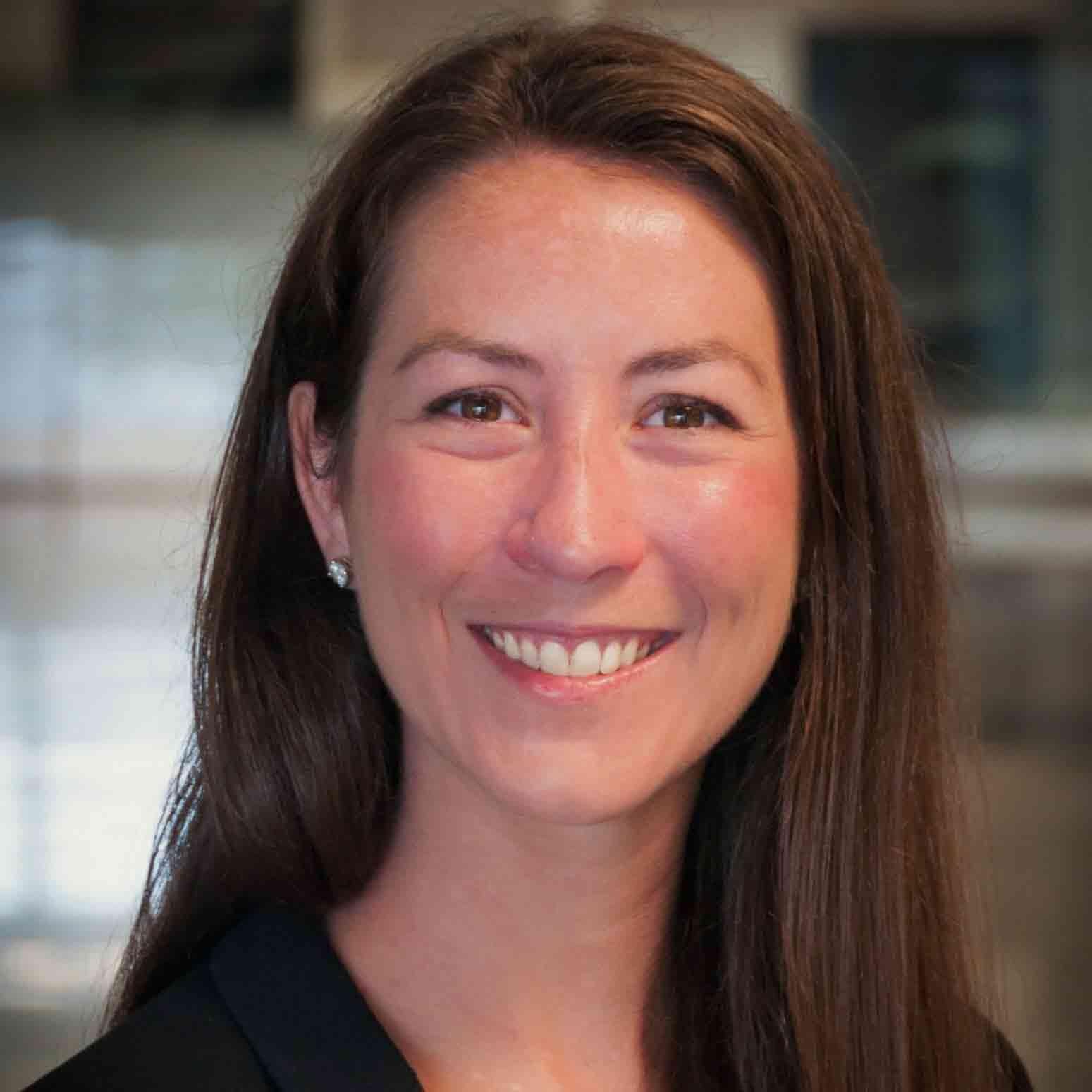Arts
Creative practice as personal expression and social commentary
Introduction
Art—in its infinite forms, functions and implications—is the most accessible and universal way of constructing meaning out of the world we inhabit.
The Arts Scholars program helps students gain a deeper understanding and appreciation of the role that art plays in society and in history. Through a mix of lectures, discussions, demonstrations, collaborative art-making and interactions with guest artists, students consider:
- How art can help us uncover our past and more readily imagine the possibilities of the future;
- How and why art may be used to make an impact or send a message; and
- What different works of art, and personal reactions to them, may signify.
Students will be challenged to conceptualize, articulate and present original ideas through a variety of methods, getting firsthand experience in creative problem-solving and project execution. Ultimately, students will strengthen their personal artistic skill and learn to appreciate a broad spectrum of art disciplines.
The Arts Scholars program attracts a diverse student population from a range of academic disciplines. No matter their area of artistic interest or skill level, students will find themselves immersed in a collaborative learning environment.
Colloquium and Lecture Topics
- What is art? What is “good” art? Understanding social definitions of art and their influence on artistic taste.
- How can we leverage the influence of artistic practice to constructively comment on the depth of our differences, our shared commonalities, and the nuances of identity as individuals and community members?
- What does research look like in the arts? Exploring common methods of creative and artistic research in the professional world.
- In what ways can we embrace creative approaches to identify, address and bring clarity to the societal challenges faced by “you,” “us,” “them” or “other”?
- How can art reshape or recontextualize understanding of our (individual and societal) learned history, biases and beliefs? How can it make visible the invisible?
- West African djembe: Exploring the role of music in community building, storytelling and cultural understanding
I have been challenged to think differently, work cooperatively, embrace creativity and, most importantly, go beyond the limits I have set for myself. Because of this program, I can confidently say I feel infinitely more prepared for the “real world,” and for that confidence and growth, I could never be more grateful.
Other Learning Opportunities
A variety of learning opportunities supplements the Arts curriculum. As an Arts Scholar, you will be introduced to artists, professional ensembles and world-class institutions each semester, through workshops led by guest artists; attendance at live performances in Washington, DC, New York City and on campus; and visits to the Smithsonian's renowned art and history museums.
In addition, you will get a chance to:
- Conceptualize, execute and present a capstone project of your choosing during your second year;
- Participate in service-learning with local schools and arts nonprofit organizations; and
- Cultivate valuable leadership and communication skills through peer mentoring and peer teaching opportunities.
Curriculum Overview
Over the two-year program experience (four semesters), students will complete up to 6 credits of supporting courses that will count toward your Arts Scholars citation. In most cases, these will also fulfill General Education requirements. Note that your Scholars courses—colloquiums, capstone practicum and supporting courses—will generally be in addition to any courses you take to satisfy major requirements.
The following represents a typical two-year curriculum, but individual schedules may vary. Details about courses and requirements can be found on the Arts Citation Checklist.
| SEMESTER | COURSE | CREDITS |
|---|---|---|
| Freshman Fall | Scholars Colloquium | 1 credit |
| Academic Writing (can be taken either Freshman Fall or Spring semesters) | 3 credits | |
| Arts Service Learning (Optional) | 2 credits | |
| 2–4 courses toward degree and major requirements (including possible supporting course) | 6–12 credits | |
| Freshman Spring | Scholars Colloquium | 1 credit |
| Arts Service Learning (Optional) | 2 credits | |
| 3–5 courses toward degree and major requirements (including possible supporting course) | 9–15 credits | |
| Sophomore Fall | Scholars Colloquium | 1 credit |
| 4–5 courses toward degree and major requirements (including possible supporting course) | 12–15 credits | |
| Sophomore Spring | Scholars Colloquium | 1 credit |
| Scholars Capstone | 2 credits | |
| 4–5 courses toward degree and major requirements (including possible supporting course if not already completed) | 12–15 credits |
Sponsoring College
Residence Hall
Bel Air Hall
Faculty


Social Media, Etc.
The Diamondback: UMD students' dance workshop highlights Japanese Butoh style, May 2022
Arts News
Scholars Student 1 of 6 Terps to Receive 2022 Hollings Scholarship from NOAA
An Environment, Technology and Economy (ETE) Scholars student has received a 2022 Ernest F. Hollings Undergraduate Scholarship from the National Oceanic and Atmospheric Administration (NOAA). Maguire Ballard, a civil engineering major in his second year of ETE, is one of six University of Maryland students to have received this year's Hollings Scholarship. The award is NOAA's flagship undergraduate program and provides recipients with scholarships worth $19,000 and a fully funded 10-week, full-time summer research placement at a NOAA facility.
On Giving Day, Take Advantage of Matches to Maximize Impact to Scholars
Thanks to a number of matches, Supporters of College Park Scholars will have an opportunity to maximize their gift on Giving Day, Wednesday, March 9. Giving Day is the University of Maryland’s annual 24-hour fundraising effort.
For Giving Day, Scholars Offers ‘Dollar for Scholars’ Donation Option for Students
Undergraduate students wishing to give back to College Park Scholars on Giving Day, Wednesday, March 9, now have the option to donate a single dollar to support their fellow Scholars. Giving Day is the University of Maryland’s 24-hour fundraising effort, during which Scholars is raising money to help Scholars students participate in experiential learning.
New course lets students reflect on identity, act on injustice
The words echo in every Scholars student’s ears: “We learn better when we learn together.” But the phrase has perhaps never rung as true as with College Park Scholars’ most recent initiative. This semester, in partnership with the Honors College and the Words of Engagement Intergroup Dialogue Program on campus, Scholars launched CPSP369J: Teaching and Learning about Cultural Diversity through Intergroup Dialogue – Dialogue Facilitation Practicum. The three-credit course serves as both a space for students to reflect on their identities and their role in structural inequalities and a training opportunity for them to develop skills in facilitating conversations about injustice within and beyond their communities.
College Park Scholars Grieves Unexpected Passing of BSE Director Mark Wellman
College Park Scholars is grieving the loss of Dr. Mark Wellman, director of the Business, Society and the Economy (BSE) Scholars program, who died unexpectedly last week of a heart attack. He had served as director of BSE since 2005. A clinical professor in the Robert H. Smith School of Business, Wellman had been at the University of Maryland since 1990 and had also recently stepped into the role of assistant dean of alumni and corporate engagement in the Smith School.
International Studies Scholars Alum Named Student Speaker for Winter Commencement
The University of Maryland (UMD) has announced its student speaker for its Winter 2021 Commencement: Kiara Anthony, an alum of the International Studies Scholars program. Anthony, a government and politics major, boasts a diverse array of experiences from across campus, from being a member of the UMD equestrian team to co-chairing the University Student Judiciary and more. She also reportedly likes to consider issues from a global, interconnected perspective—something she no doubt became good at doing during her time in International Studies Scholars.
